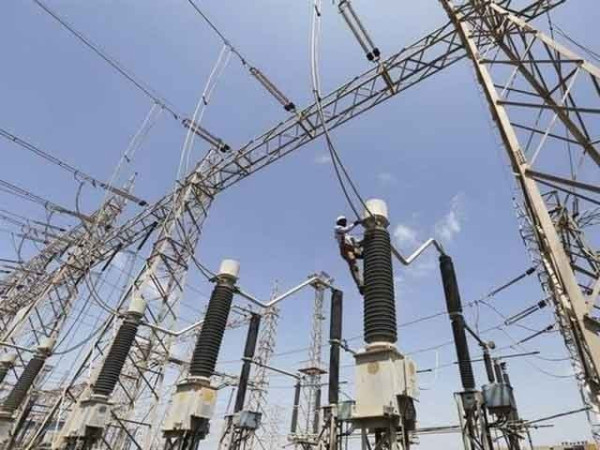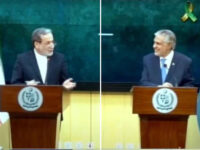Islamabad: A Senate committee has uncovered significant lapses in the government’s process for setting tariffs for Independent Power Producers (IPPs), revealing that no technology studies or performance tests were conducted before awarding tariffs to these companies.
The Senate’s Power Committee, chaired by Senator Mohsin Aziz, held a meeting to discuss the agreements, profit margins, and future plans concerning IPPs. The meeting was attended by Muhammad Ali, Vice Chairman of the Prime Minister’s Energy Task Force and Special Assistant to the Prime Minister on Power, who provided a briefing on the issue.
Senator Mohsin Aziz raised concerns over the lack of transparency, stating that the committee had not been provided with details regarding the profit margin, kickbacks, heat rate, or audit reports. He also questioned the future of the remaining IPPs, especially after the expiration of contracts with five IPPs.
In his briefing, Muhammad Ali revealed that the government conducted a study on IPPs in 2019 due to the high cost of electricity. He explained that the government had given IPPs an upfront tariff under the 1994 policy and also offered them equity returns under the 2002 policy. As a result, the profits for IPPs had increased from 27% to higher margins.
However, due to budgetary constraints, the government was unable to carry out the necessary technology studies for the plants. Muhammad Ali pointed out that they had requested funding to obtain global data on technology costs but were unable to do so. He also noted that neither heat rate nor efficiency tests were conducted for these IPPs. The National Electric Power Regulatory Authority (NEPRA) had set tariffs for these IPPs without checking their heat rate, and when NEPRA attempted to audit heat rates and efficiency, IPPs obtained a stay order from the courts.
The government is now working to address these issues by seeking to adjust future overpayments made to IPPs. Muhammad Ali also noted that the efficiency of furnace oil-based power plants is only 40%. As part of future reforms, the government plans to move all IPPs to a “take-and-pay” model and expects further negotiations to continue for another three months. This could lead to savings of approximately 300 billion rupees for the national exchequer and a short-term tariff reduction of 3 to 6 rupees.
Additionally, the government has moved to de-link the tariff for bagasse-based power plants from the dollar rate of coal prices. This shift is aimed at stabilizing tariffs and addressing the financial challenges posed by fluctuating international coal prices.
Currently, five IPP contracts have expired, while discussions are ongoing with 18 others. Following these negotiations, the government plans to focus on state-owned plants and renewable energy projects, including solar and wind power.
Senate Committee Reveals Major Gaps in IPP Tariff Allocation, No Technology Study or Testing Conducted

Leave a comment








